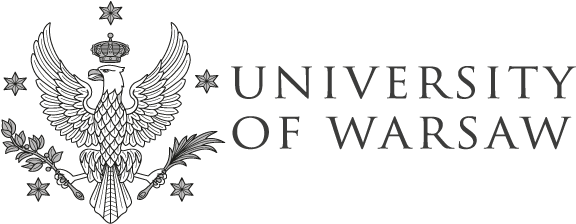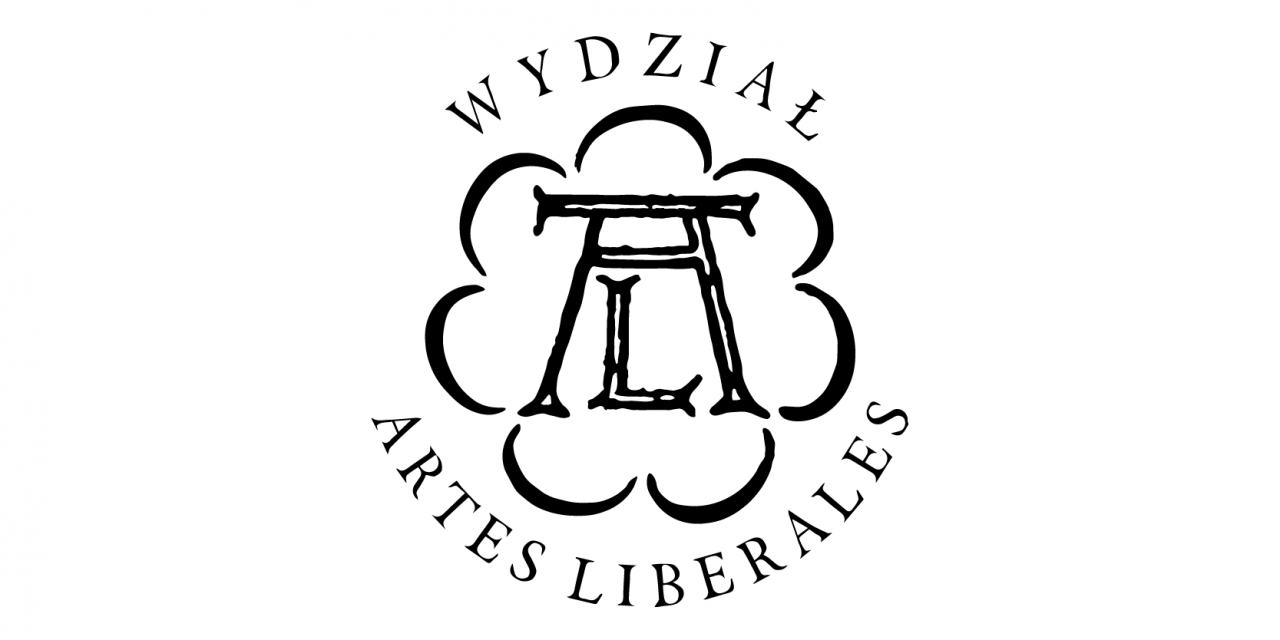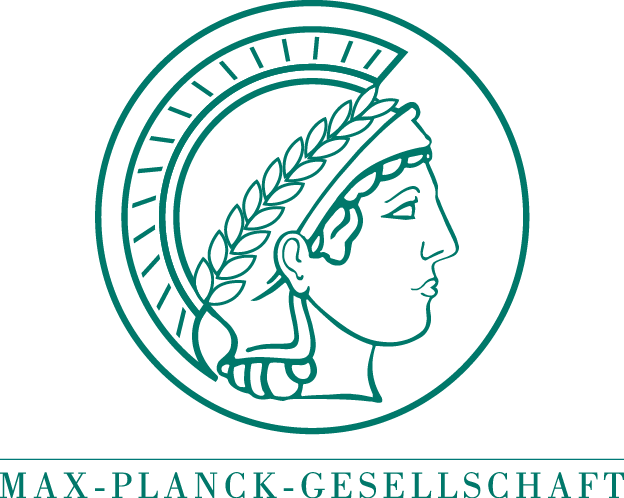16 October 2023
The next meeting in the seminar series: “Linguistic and cultural resistance by minority groups in Zimbabwe” – Talent Mudenda, October 18, 2023
The next meeting in the seminar series of the Center for Research and Practice in Cultural Continuity “Decolonizing approaches to studying history and linguistic-cultural heritage. Methods, tools, results and challenges”:
“Linguistic and cultural resistance by minority groups in Zimbabwe”
will take place on
October 18, 2023
at 16:45 CET
This paper seeks to outline the strategies employed by minority languages groups in Zimbabwe to achieve official status. Zimbabwe has 16 official languages namely: Chewa, Chibarwe, English, Kalanga, Koi-san, Nambya, Ndau, Ndebele, Shangani, Shona, Sign Language, Sotho, Tonga, Tswana, Venda, Xhosa. The minority language groups primarily utilised grassroot lobbying and advocacy to attain their status. After independence Zimbabweans felt it prudent to promote their heritage and culture in a bid to decolonise the language policy inline with the aspirations of liberation struggle. For many years the minority languages felt marginalised and excluded in the national agenda and decided to engage the government through pressure groups like (Zimbabwe indgenous Languages Association) ZILPA, Basilwizi Trust, TOLACO (Tonga Language Commitee). As a result of over 25 years of language activism efforts, finally, Zimbabwe officialized minority languages. The officialisation of the minute languages was mainly meant to correct the precolonial Constitution enherited from the former government.This positive adoption of languages in the 2013 Constitution set linguistic and cultural diversity in Zimbabwe.
ZOOM LINK: https://zoom.us/j/98037235262






